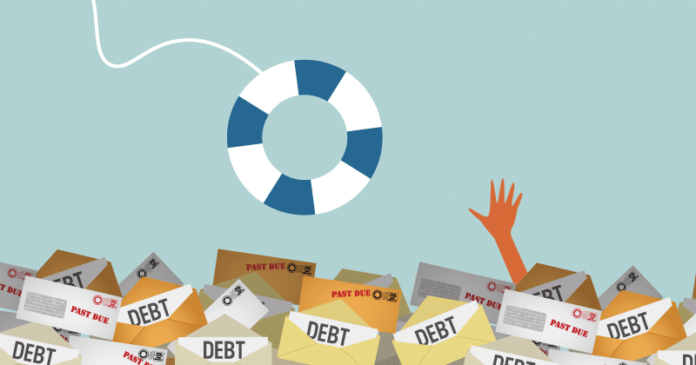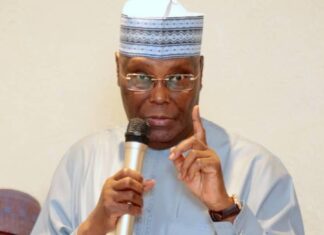Nigeria fourth on IDA debtor list, up from fifth
By Jeph Ajobaju, Chief Copy Editor
Nigeria has moved from fifth to fourth place on the list of top 10 International Development Association (IDA) borrowers compiled by the World Bank.
The World Bank Fiscal Year 2021 audited financial statements, known as the IDA financial statement, rated Nigeria fifth on the list with $11.7 billion IDA debt by 30 June 2021.
The latest IDA rates Nigeria fourth with $13 billion IDA by 30 June 2022.
Nigeria amassed $1.3 billion IDA debt year-on-year (YoY) alone, taking fourth debtor position from Vietnam.
This debt is different from $486 million loan from the International Bank for Reconstruction and Development (IBRC), another arm of the World Bank.
The top five countries on the IDA list reduced their debt YoY, except Nigeria.
- India – from $22 billion to $19.7 billion
- Bangladesh – from $18.1 billion to $18 billion
- Pakistan – from $16.4 billion to $15.8 billion
- Nigeria – from $11.7 billion to $13 billion
- Vietnam – from $14.1 billion to $12.9 billion
_______________________________________________________________
Related articles:
Nigeria to confirm $1.5b US loan quest by September
Nigerians paying $40m monthly for electricity not supplied
Abuja blames high debt on firms dodging N7tr tax payment
__________________________________________________________________
Nigeria, biggest IDA debtor in Africa
Nigeria in fourth place is the biggest IDA debtor in Africa, the top three (India, Bangladesh and Pakistan) are from Asia, according to reporting by The PUNCH.
“Nigeria’s debt remains sustainable, albeit vulnerable and costly, especially due to large and growing financing from the Central Bank of Nigeria,” the World Bank warned recently.
It said the country’s debt is also at risk of becoming unsustainable in the event of macro-fiscal shocks, and expressed concern over the cost of debt servicing that disrupts public investment and critical service delivery spending.
A document produced by Debt Management Office (DMO) Director General Patience Oniha acknowledged the negative impact of high debt.
“High debt levels lead to heavy debt service which reduces resources available for investment in infrastructure and key sectors of the economy,” she said.
And economists and financial experts keep on sounding the alarm over Nigeria’s rising debt, as shown in the views of two of them reported by The PUNCH:
Taiwo Oyedele (PwC Fiscal Policy Partner and Africa Tax Leader)
“I agree with the World Bank. Although the debt to GDP [Gross Domestic Product] ratio is not too high, if you think about the debt service cost to revenue ratio, it is already over 70 per cent. That’s when you know it’s costly.
“Nigeria borrows at double-digit, and even when we borrow in dollars, the rates are very high and then you devalue the naira and the cost of servicing the debt in naira goes up because it is dollar-dominated debt.
“Put all of that together and you can easily say to yourself that even though our debt to GDP ratio is very low, our cost of borrowing is unsustainable because it is very high, and therefore, make it very costly.”
Kingsley Moghalu (former Central Bank of Nigeria (CBN) Deputy Governor)
Moghalu criticised increasing borrowing and urged government officials to re-consider other ways of generating funds.
“It is also not reasonable to borrow for infrastructural development as the government can expand the public-private partnership options for such development,” he added.













